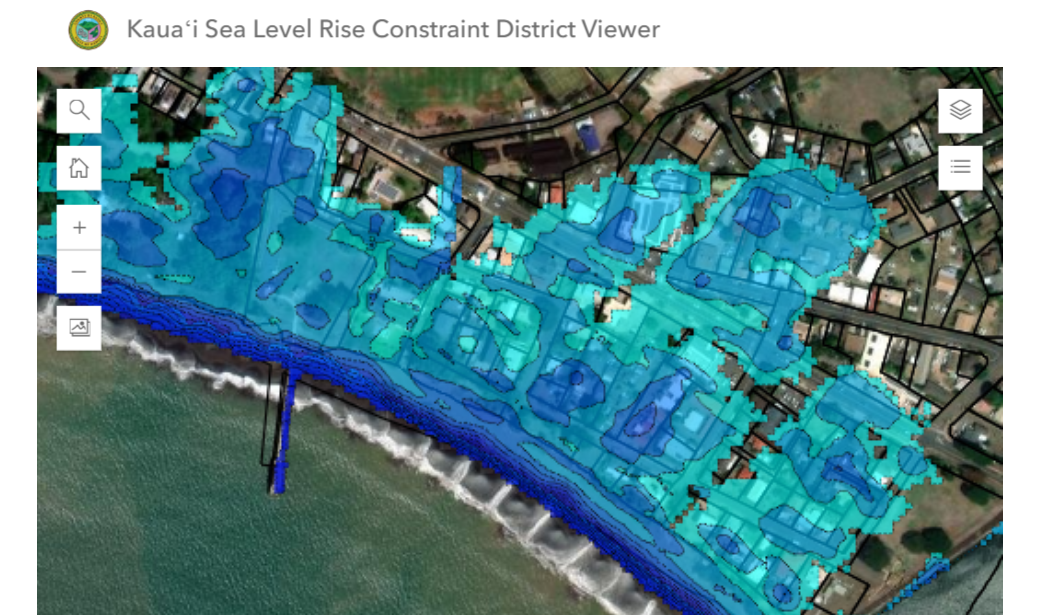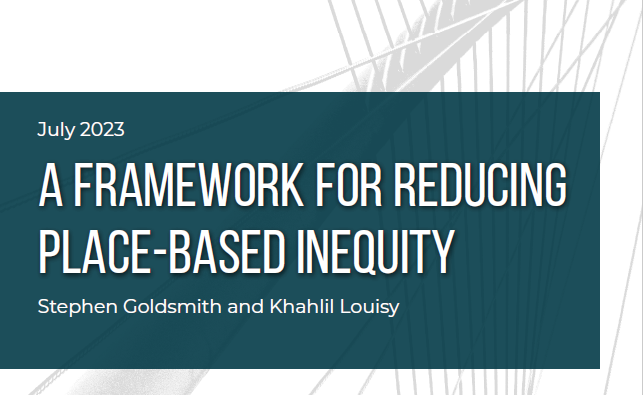
- June 13, 2013
- GIS
Monitoring a city’s functions is like monitoring a patient’s vital signs—its transportation of people like a pulse, emergency services like a respiratory rate, and so forth. Thus, when a major incident or event occurs, the whole urban system can be affected. If municipal leaders could wholly understand their city’s vital signs, they could not only better manage their cities, but take preventative measures to ensure the city’s health remains intact.
The challenge, however, is finding the right tools to holistically monitor a city’s health. When any given event happens—planned or unexpected, from a parade to a snowfall or terrorist attack— interoperability problems between city agencies can arise. Better interoperability could have helped Chicago in February of 2011, when a record-breaking snowfall closed large stretches of Lake Shore Drive for more than 24 hours.
As a geographic information system, the application presents a unified view of City operations—past and present—across a map of Chicago, giving key personnel access to all of the city’s spatial data, historically and in real-time.
City governments are better equipped to understand themselves thanks to vast reserves of municipal data that are now more accessible than ever. With a holistic tool for measuring a wide array of city functions—think of an EKG, thermometer, and other measurement equipment rolled together—City personnel would be able to make quicker, smarter, and more informed decisions. City governments would be able to allocate resources more efficiently and cost-effectively, revolutionizing how they understand, prepare, and respond to given situations.

 Sean Thornton is a Program Advisor for the Ash Center's Civic Analytics Network and writer for Data-Smart City Solutions. Based in Chicago and working in partnership with the city's Department of Innovation and Technology, Sean holds joint Masters’ degrees from the University of Chicago, in Public Policy and Social Service Administration. His work has spanned the city's public, philanthropic, and nonprofit sectors.
Sean Thornton is a Program Advisor for the Ash Center's Civic Analytics Network and writer for Data-Smart City Solutions. Based in Chicago and working in partnership with the city's Department of Innovation and Technology, Sean holds joint Masters’ degrees from the University of Chicago, in Public Policy and Social Service Administration. His work has spanned the city's public, philanthropic, and nonprofit sectors.


